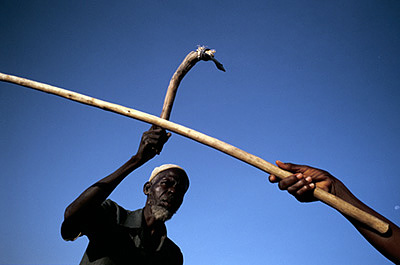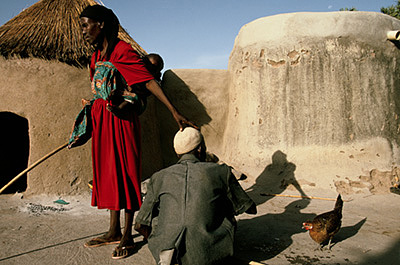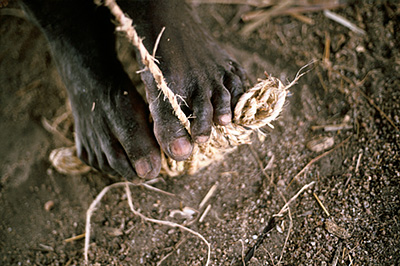A friend of mine, Sion Touhig who has been staying with me, showed me the most fantastic blog the other day called Afrigadget. It’s a website dedicated to showcasing African ingenuity and I thought it was great. It shows home made projects like self-made phone chargers and an alternative use for a video drop box (an oven…). Apart from the fact that it makes one realise just how useless we are in the West in terms of even the most basic recycling, it puts us to shame in actually how much we have and how little we value it. Now, as I’ve said in a previous post about India, I’m not a romantic about the Developing World: far from it. There’s nothing lovely about disease and hopelessness but there does seem to be a ingenuity that I’ve always admired when I work in these places. It isn’t to do with a quaint notion of pre-industrial harmony, it’s more that if you don’t adapt, you will die.
Over the years, I saw a great deal of hopelessness in Africa: failed states, starvation and a fair few people that were intent on killing me (sorry, I don’t have any picture links for that…). Despite this, I always saw that ‘can-do’ spirit that Afrigadget showcases. I started to work on stories along a theme of a French word – débrouillardise – which sort of translates as the ‘art of getting by’ or resoucefulness. As an aside, it’s entirely ironic of course that here we are in the grip of potentially the worst economic crisis to befall capitalism since the Great Depression and we might soon be having to take a leaf out of the book of the very continent that we raped and pillaged for our own advancement.
Anyway, one of the stories that I worked on was about blind farmers in Ghana. I called it ‘To See a Small World’.
For about ten days I lived with Anafo and his wife, Asumpaheme in a hut in their village near Arigu, northern Ghana. I had a rather nice time despite being an object of intense curiosity from all the locals and, having I remember, to borrow a cooking pot from the nearby school teacher’s wife … The brutal reality of River Blindness or Onchocerciasis was of course sobering. To be a farmer in Africa is a struggle that I wouldn’t wish on most people. To be a blind farmer seems almost impossible. In spite of everything, the family managed to just get on with it.


and my particular favourite:

The full text of my piece is here
Before I forget the point of this whole story, it’s simply this: Anafo gave me some rope. It was his ‘afrigadget’, his way of leveraging a few extra pennies at the market from what he could find around him. Here’s a picture of him making some:

and here’s a picture of the same rope on my kitchen table. It’s one of my favourite ‘things’ in the house. Certainly one of the most treasured.
